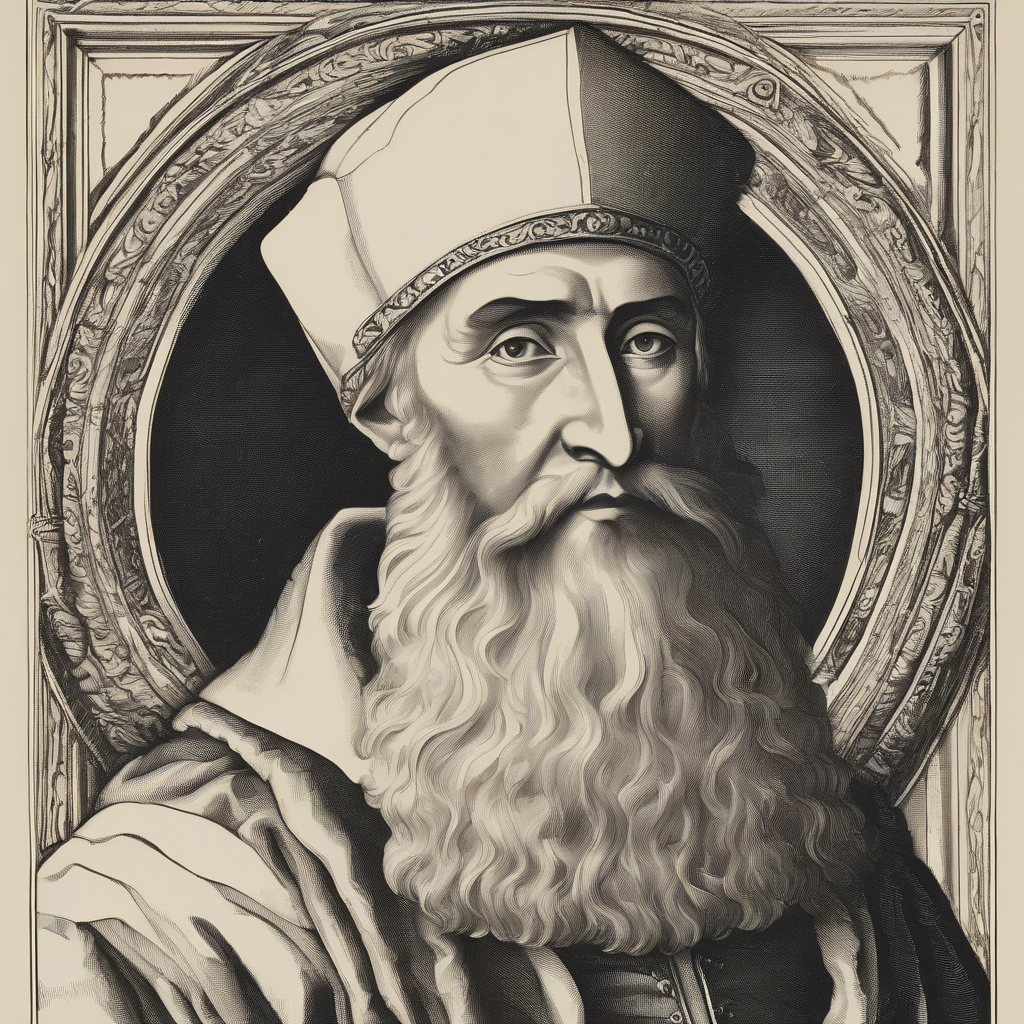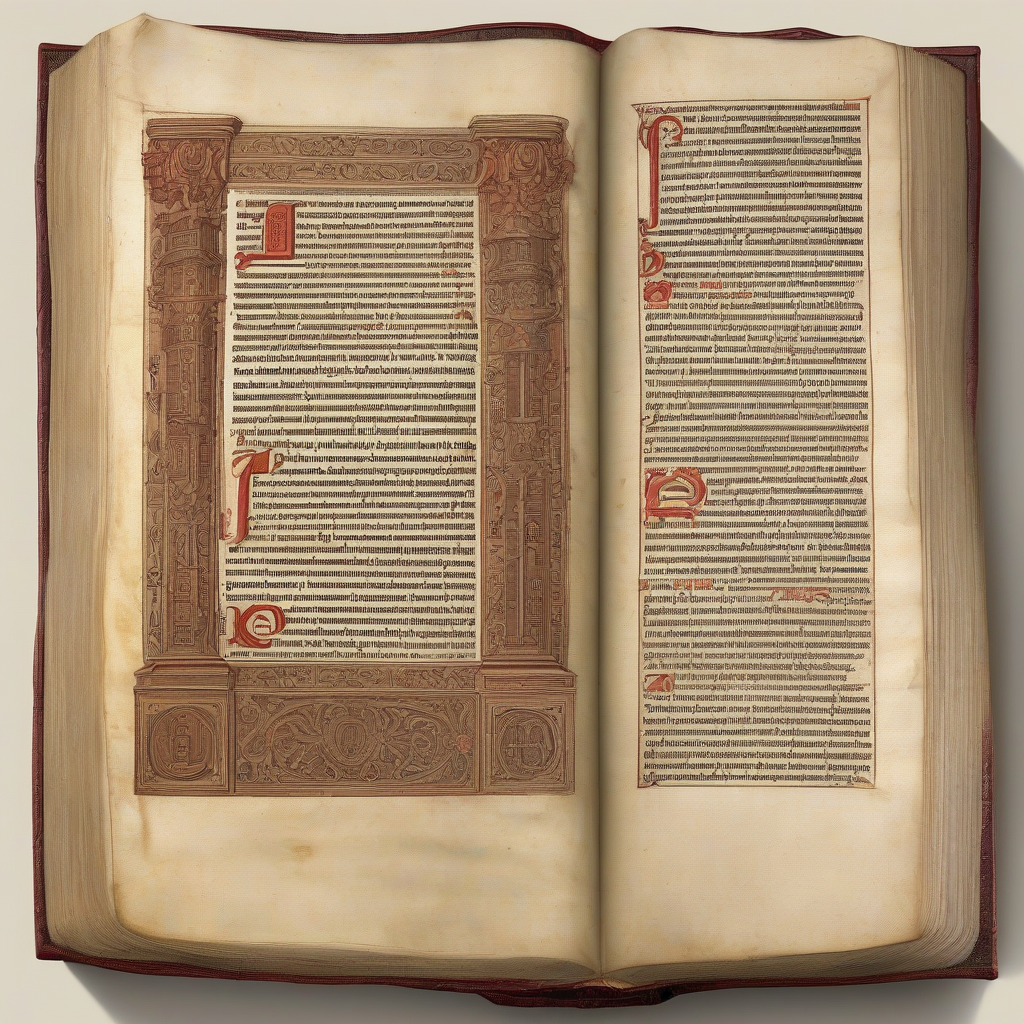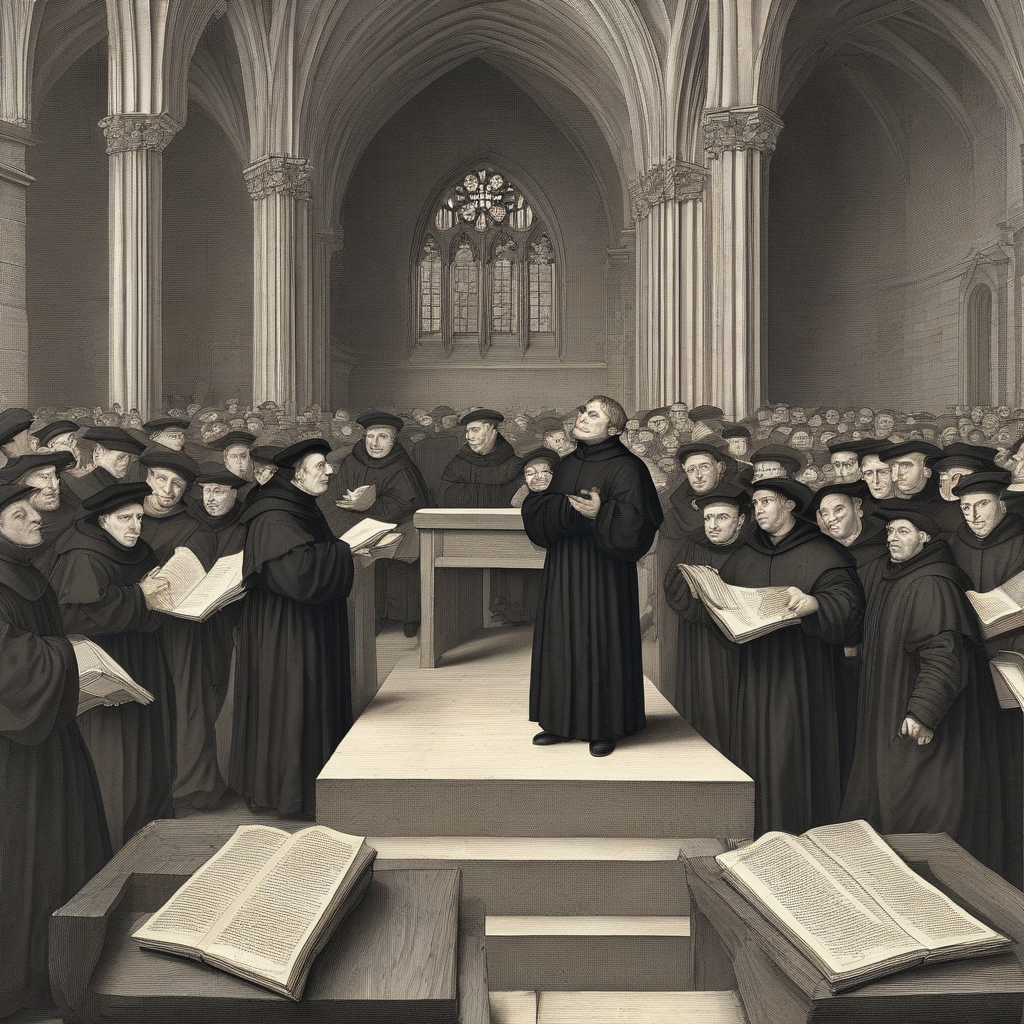Gutenberg: The Revolutionary Printing Press That Changed the World
The Dawn of Mass Communication
Before the invention of the printing press, the painstaking process of hand-copying books meant that knowledge was confined to a privileged few. Monasteries and wealthy patrons held the exclusive right to access the limited number of books available, creating a significant barrier to widespread literacy and intellectual progress. This lack of access to information heavily influenced societal structures, fostering dependence on established authorities and limiting the potential for widespread social change. Then, Johannes Gutenberg changed everything.

Gutenberg's printing press, developed in the mid-15th century, wasn't simply a faster way to produce books; it was a paradigm shift. It leveraged movable type, a system where individual letters or characters were cast in metal and arranged to form words and sentences. This ingenious system allowed for the efficient reuse of type, dramatically increasing the speed and reducing the cost of producing multiple copies of a text. Prior to this, woodblock printing, while an improvement over hand-copying, was far more cumbersome and limited in its versatility. The sheer scale of Gutenberg's innovation is hard to overstate.
The impact of Gutenberg's invention rippled through society, transforming the dissemination of knowledge and profoundly affecting cultural, religious, political, and economic landscapes. The newfound accessibility of books sparked a period of unprecedented intellectual and cultural ferment. The ability to mass-produce texts led to the proliferation of information, stimulating literacy rates and fostering intellectual curiosity on an unprecedented scale.
The Gutenberg Bible: A Testament to Innovation
One of the most significant early outputs of Gutenberg's press was the Gutenberg Bible, also known as the 42-line Bible. This magnificent work, printed between 1450 and 1455, stands as a testament to the technical mastery of Gutenberg's invention. Its exquisite typography, meticulous craftsmanship, and the sheer volume of printed pages were unmatched at the time. The Gutenberg Bible wasn't just a collection of religious texts; it was a showcase of the transformative power of the printing press.

The sheer scale of the project, involving hundreds of individual type pieces meticulously arranged and printed, demonstrates the complex logistical operation required. The production of this Bible required significant financial investment, highlighting the economic impact of this new technology. Its creation also signaled a shift in the production of books from a largely monastic undertaking to a more commercially driven enterprise.
The Spread of Ideas and the Rise of Literacy
The accessibility of printed materials profoundly impacted literacy rates. Prior to the printing press, literacy was primarily confined to the clergy and the aristocratic elite. The increased availability of books, particularly primers and instructional manuals, fostered a widespread increase in literacy, empowering individuals from all walks of life. This democratization of knowledge empowered individuals to critically engage with the world around them, fostering intellectual independence and social mobility.
The printing press was not simply a passive conduit for information; it actively shaped the intellectual landscape of Europe. The easy replication of texts facilitated the rapid dissemination of ideas, fostering intellectual debate and the sharing of knowledge across geographical boundaries. The ease of printing allowed for the widespread distribution of pamphlets, broadsides, and other forms of printed material, transforming public discourse and political activism.
Religious and Political Transformations
The impact of Gutenberg's printing press extended beyond literacy and intellectual pursuits. The ability to mass-produce religious texts spurred religious reforms, contributing significantly to the Protestant Reformation. Martin Luther's Ninety-five Theses, famously nailed to the church door in Wittenberg, quickly spread across Europe thanks to the printing press, accelerating the religious upheaval that reshaped the political map of Europe. The rapid dissemination of Luther's ideas, impossible before the printing press, allowed his message to reach a vast audience, bypassing traditional religious hierarchies.

The printing press played a critical role in the formation and dissemination of political ideologies. The ability to rapidly reproduce political pamphlets and manifestos allowed for the rapid spread of new ideas and fuelled political debate. The rise of nationalism and the emergence of new political systems were, in part, facilitated by the ability to disseminate political thought widely and efficiently.
Economic and Social Consequences
Gutenberg's invention had profound economic ramifications. The production of books became a significant industry, creating new jobs and stimulating economic growth. The availability of printed materials led to a significant increase in the demand for paper, spurring innovations in paper production and distribution networks. The increased demand for skilled labor in printing, typesetting, and bookbinding created opportunities for a growing workforce. The printing press fundamentally changed the economics of information, moving it from a scarce, precious commodity to a mass-produced good.
The social consequences of the printing press were equally significant. The rise of literacy fostered social mobility, allowing individuals from lower social strata to access knowledge and participate more fully in society. The availability of printed materials broadened intellectual horizons, stimulating scientific inquiry, artistic expression, and social reform. The press created a more interconnected and informed society, laying the groundwork for future societal transformations.
The Enduring Legacy of Gutenberg's Innovation
Gutenberg's printing press revolutionized communication and information dissemination, leaving an indelible mark on human history. It not only increased the speed and efficiency of information transfer, but it fundamentally changed the way societies were structured, governed, and understood. While the digital age presents new technologies for disseminating information, the impact of Gutenberg's invention remains profound, serving as a cornerstone of the modern world's information infrastructure. It's a legacy that continues to shape our understanding of knowledge, power, and social progress. The invention of the printing press was not merely a technological advancement; it was a transformative moment that redefined the very fabric of human civilization.